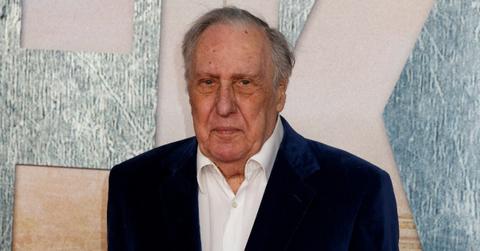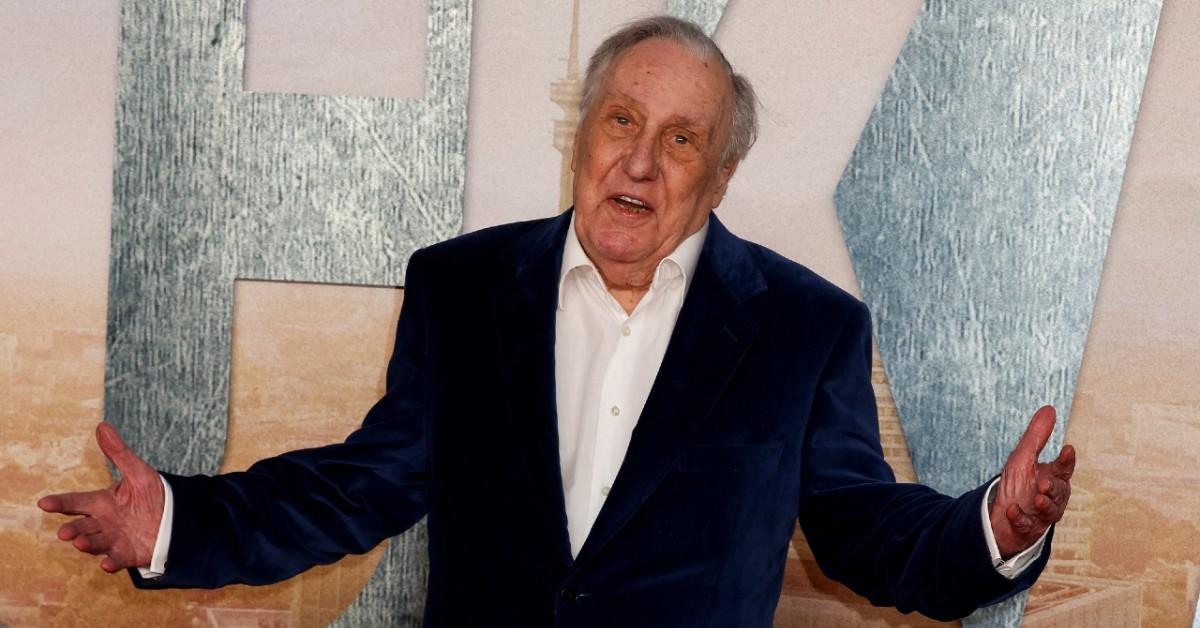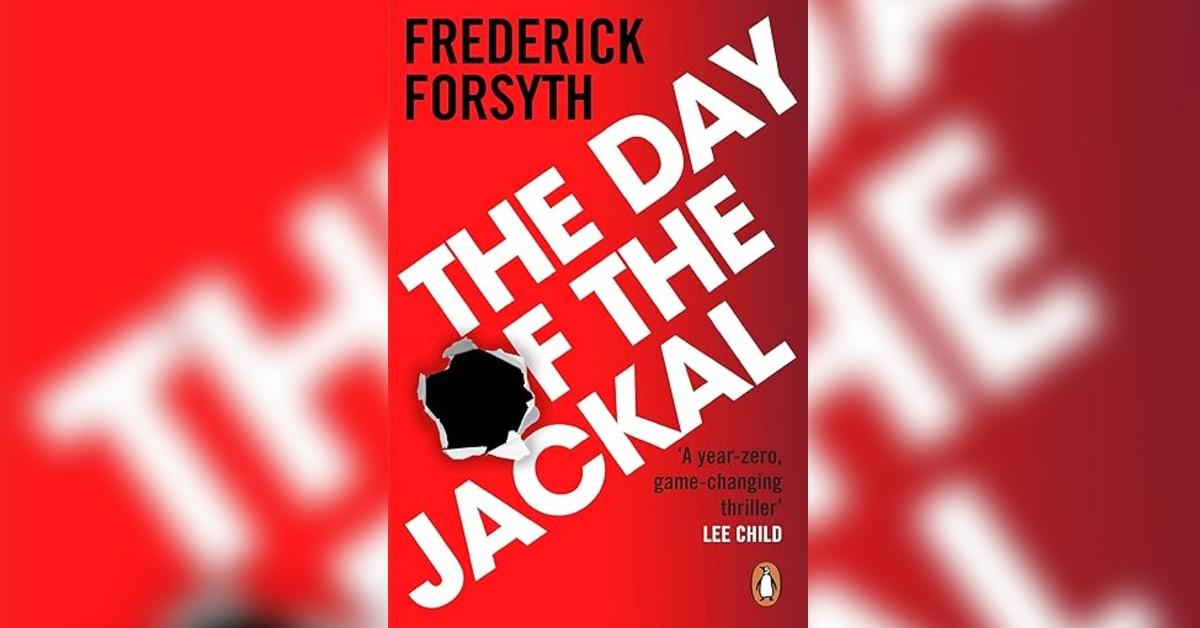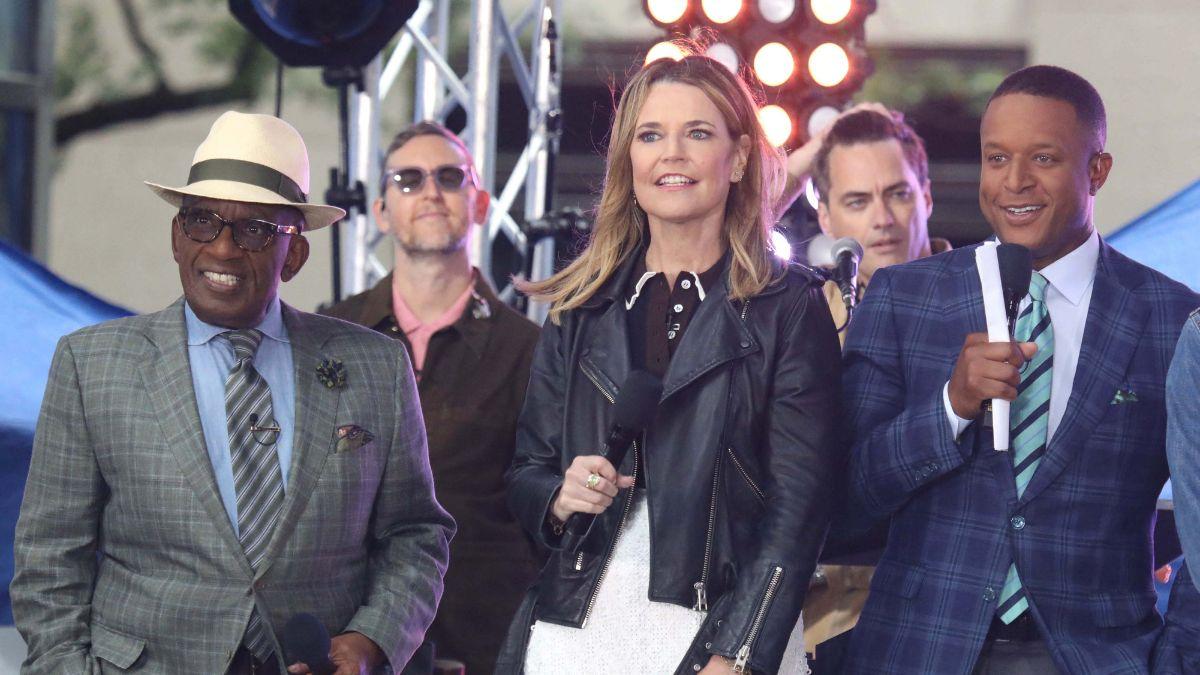EXCLUSIVE: Inside Frederick Forsyth's Life as a Spy — And How Real-Life President Assassination Fear Sparked His Smash 'Day of the Jackal' Novel

Frederick Forsyth confirmed he was an M16 asset for two decades.
June 16 2025, Published 4:45 p.m. ET
RadarOnline.com can reveal how late British author Frederick Forsyth drew inspiration from his past experience as an M16 asset for his best-selling novels, including how a presidential assassination fear led to his most notable work, The Day of the Jackal.
Forsyth died aged 86 on June 9, 2025, following a brief illness.
While he's best known for writing The Day of the Jackal, The Odessa File, and The Dogs of War, among dozens of other titles, Forsyth flew fighter jets with the Royal Air Force – and 10 years before his death, he revealed he once worked as a British spy.
Was Forsyth A Spy?

Forsyth died aged 86 on June 9.
Because of the nature and insight of Forsyth's spy novels, many fans long suspected he had M16 ties. Those rumors were eventually confirmed in his 2015 memoir, The Outsider: My Life.
At the time, Forsyth revealed in an interview that he became involved with intelligence reconnaissance while working as a journalist during the Biafran War in Nigeria in the late 1960s.
The author claimed he was approached by an intelligence officer to "tell us what's going on," and specifically, if it was true that children were among the victims of the civil war.
He recalled: "For the last year of the Biafran War, I was sending... both journalistic reports to the media and other reports to my new friend."

Eddie Redmayne in the Peacock series, 'The Day of the Jackal.'
Forsyth continued: "The Foreign Office was denying that there were any dying children and they were passionate in supporting the dictatorship in Lagos, and it was, oddly enough, MI6 that had a different viewpoint."
In a separate interview, Forsyth recalled how his previous work as a journalist served as the inspiration for his novels.
After his service with the Royal Air Force, Forsyth transitioned to work as a journalist for Reuters. He recalled his "lucky break" coming in 1961 when a journalist stationed in Paris "got a heart murmur and had to come home."
He said: "A man stuck his head around the door of my office and said, 'Anyone here speak French?' Within days, I was on the plane to Paris."
At the time, French President Charles de Gaulle faced intense assassination threats from rightwing militants outraged over his independence offer to Algeria.
Forsyth said: "We were all waiting for the story. The moment when a sniper got him through the forehead."
The author was able to get an inside scoop on the possibility of an assassination from de Gaulle's bodyguards.
When a friend asked Forsyth his thoughts on the matter, the journalist replied: "It could be done. But only by an outsider. An assassin with no name, no face, no record, no dossier. And a professional."
That question ended up planting the seed for Forsyth's The Day of the Jackal, which would go on to sell over 75million copies upon its release in 1971.
'A Sniper Got Him Through The Forehead'


Forsyth's work as a journalist covering Charles de Gaulle assassination fears inspired 'The Day of the Jackal.'
While reflecting on working as an intelligence source for 20 years, Forsyth said: "There was nothing weird about it. It was the Cold War.
"An awful lot of the strength of British intelligence came from the number of volunteers.
"A businessman might be going to a trade fair in a difficult-to-enter city, and he'd be approached, quite gently, with a courteous, 'If you would be so kind as to accept an envelope under your hotel door and bring it home …' so that was what I did. I ran errands."



